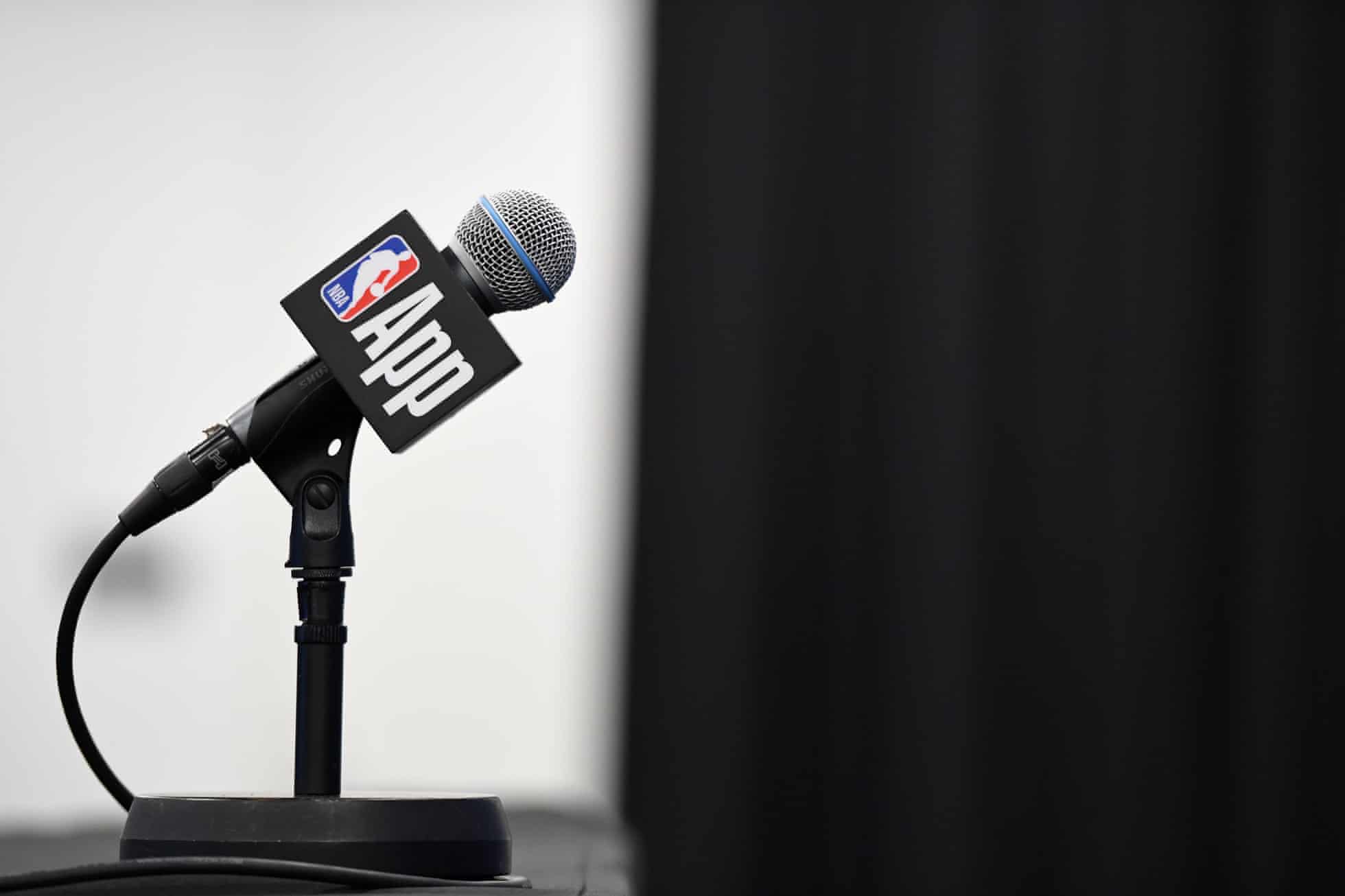 I will not just shut up and dribble… I get to sit up here and talk about what’s really important.” So proclaimed LeBron James in 2018 when confronted with the question of whether athletes have the right to speak about the political and social justice questions of their time.
I will not just shut up and dribble… I get to sit up here and talk about what’s really important.” So proclaimed LeBron James in 2018 when confronted with the question of whether athletes have the right to speak about the political and social justice questions of their time.
Yet since 7 October 2023, elite athletes in North America have had startlingly little to say about what most human rights groups in the world, the International Association of Genocide Scholars, and the United Nations have characterized as Israel’s genocide in Gaza (a situation currently in flux due to a mutually agreed upon ceasefire and prisoner exchange).
To be sure, there have been some exceptions, including the righteously incandescent commentary of the WNBA’s Natasha Cloud, the organizing of Athletes for Ceasefire, Olympic medalist Moh Ahmed’s decision to sign a letter opposing Israel’s involvement in Davis Cup tennis, some oblique references from the NBA’s Kyrie Irving and Jaylen Brown, a symbolic gesture from NFLer Azeez Al-Shaair, and the recent decision of Canadian cyclist Derek Gee to end a contract with an Israeli-affiliated team.
In fact, the most significant moment in North American sport may not come from an athlete at all, but, rather, a courageous dancer at the Super Bowl half-time show in 2024.
Still, in sum, the silence of athletes has been rather deafening. Indeed, for his part, James’ only contribution to the discourse has been a statement of support for Israel. Otherwise, athletes have largely chosen to shut up and dribble.





 A new year means a new parade of classic characters and works entering the public domain.Under...
A new year means a new parade of classic characters and works entering the public domain.Under... An explosion at a nursing home just outside Philadelphia collapsed part of the building and has...
An explosion at a nursing home just outside Philadelphia collapsed part of the building and has...






























